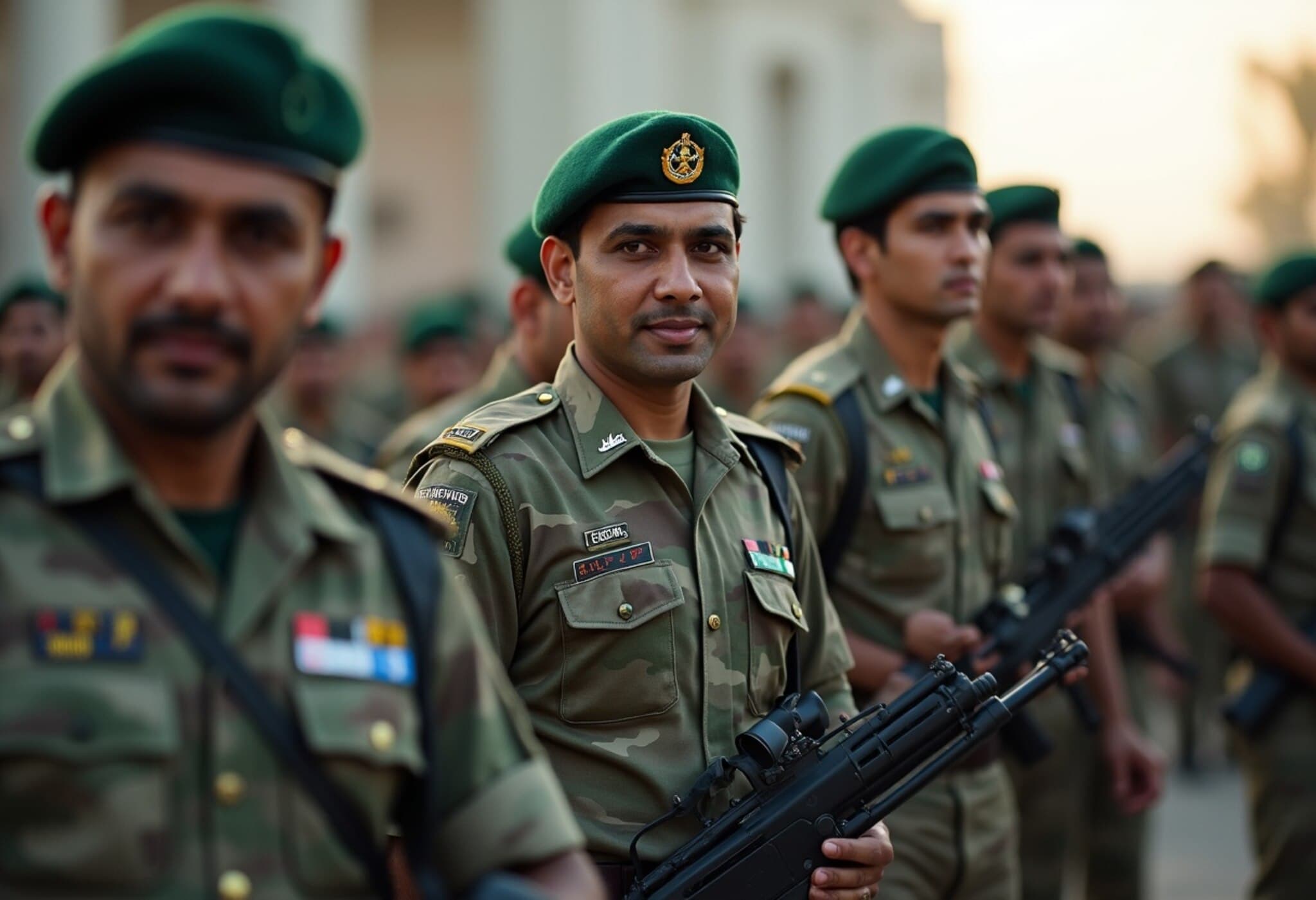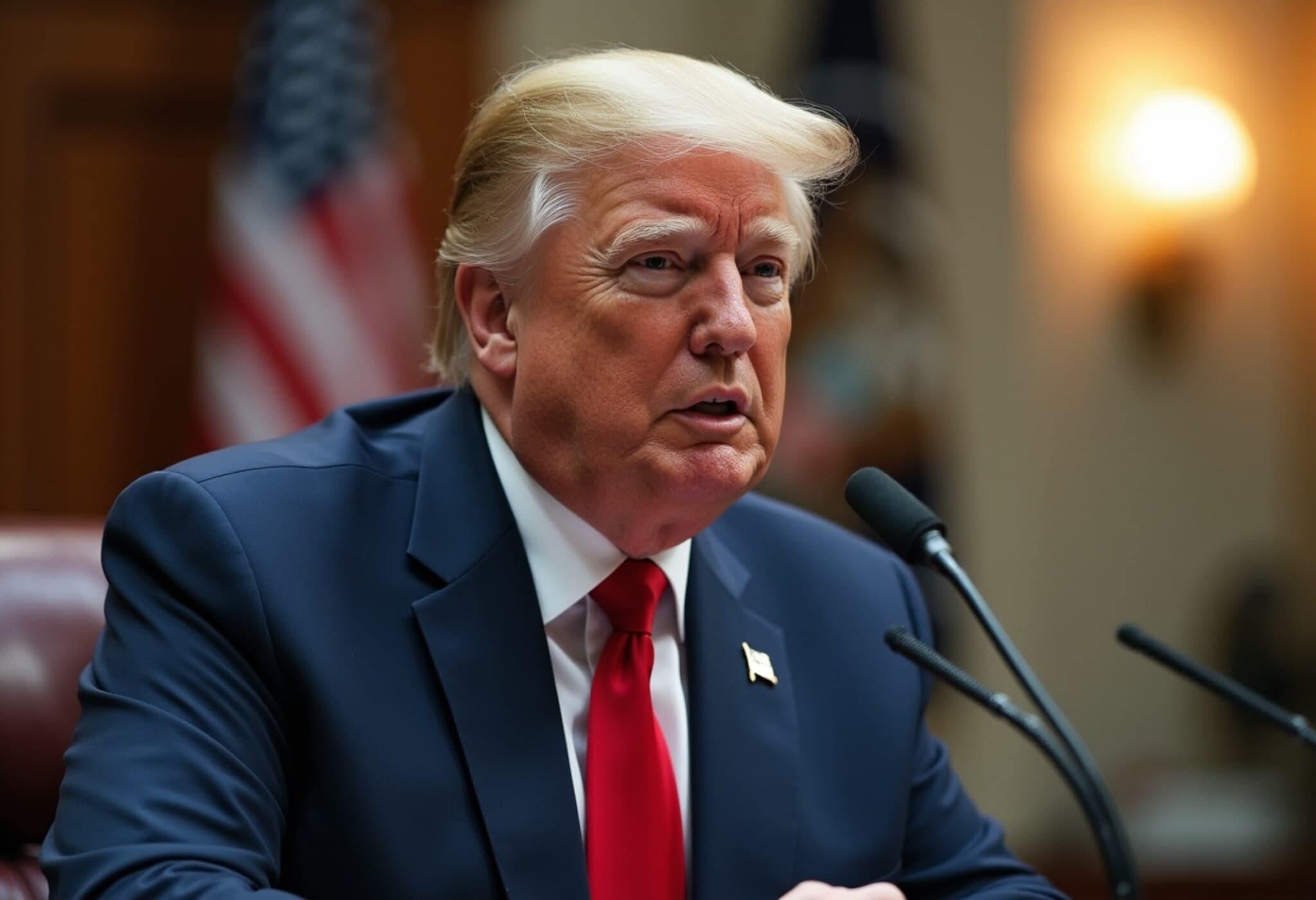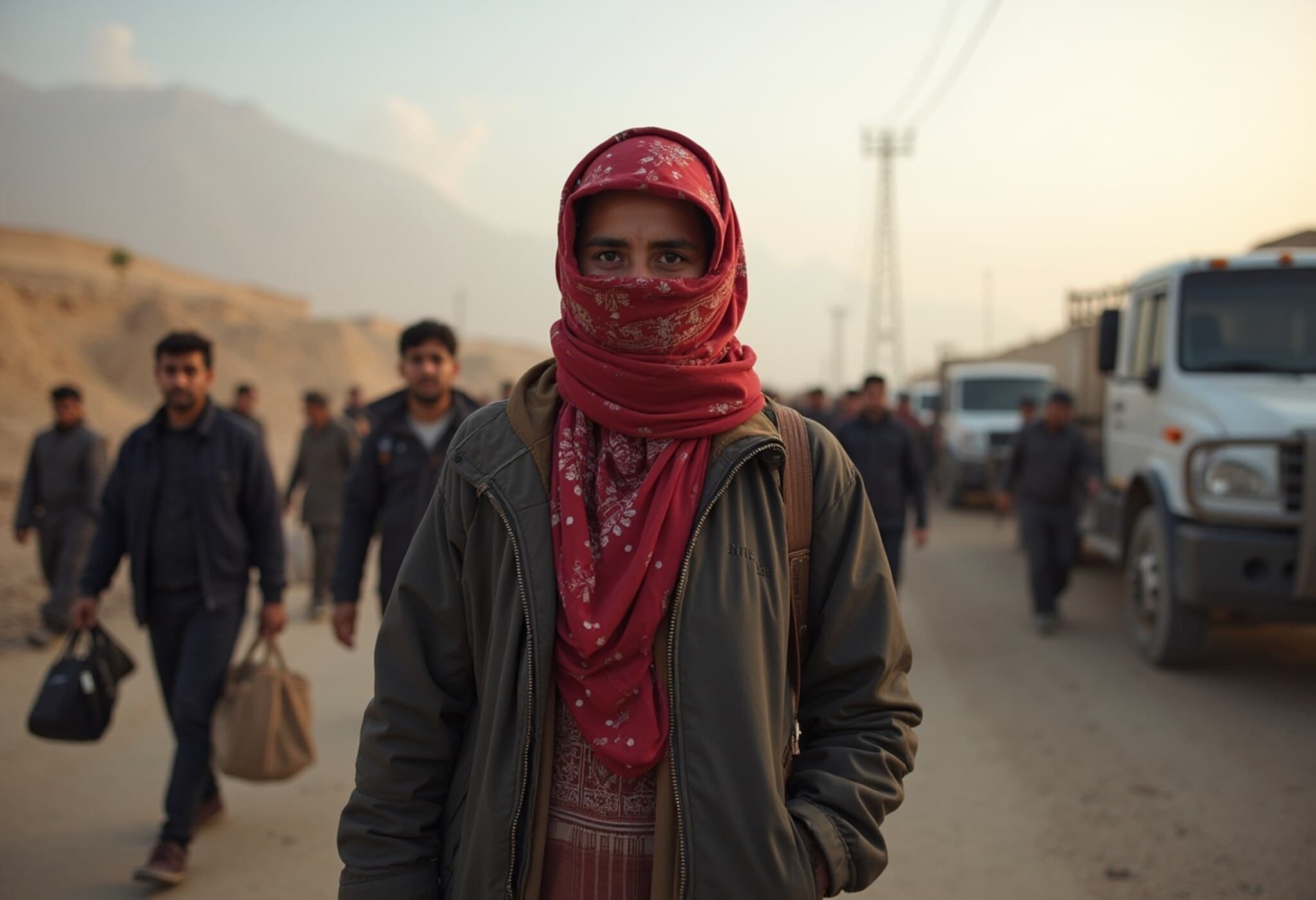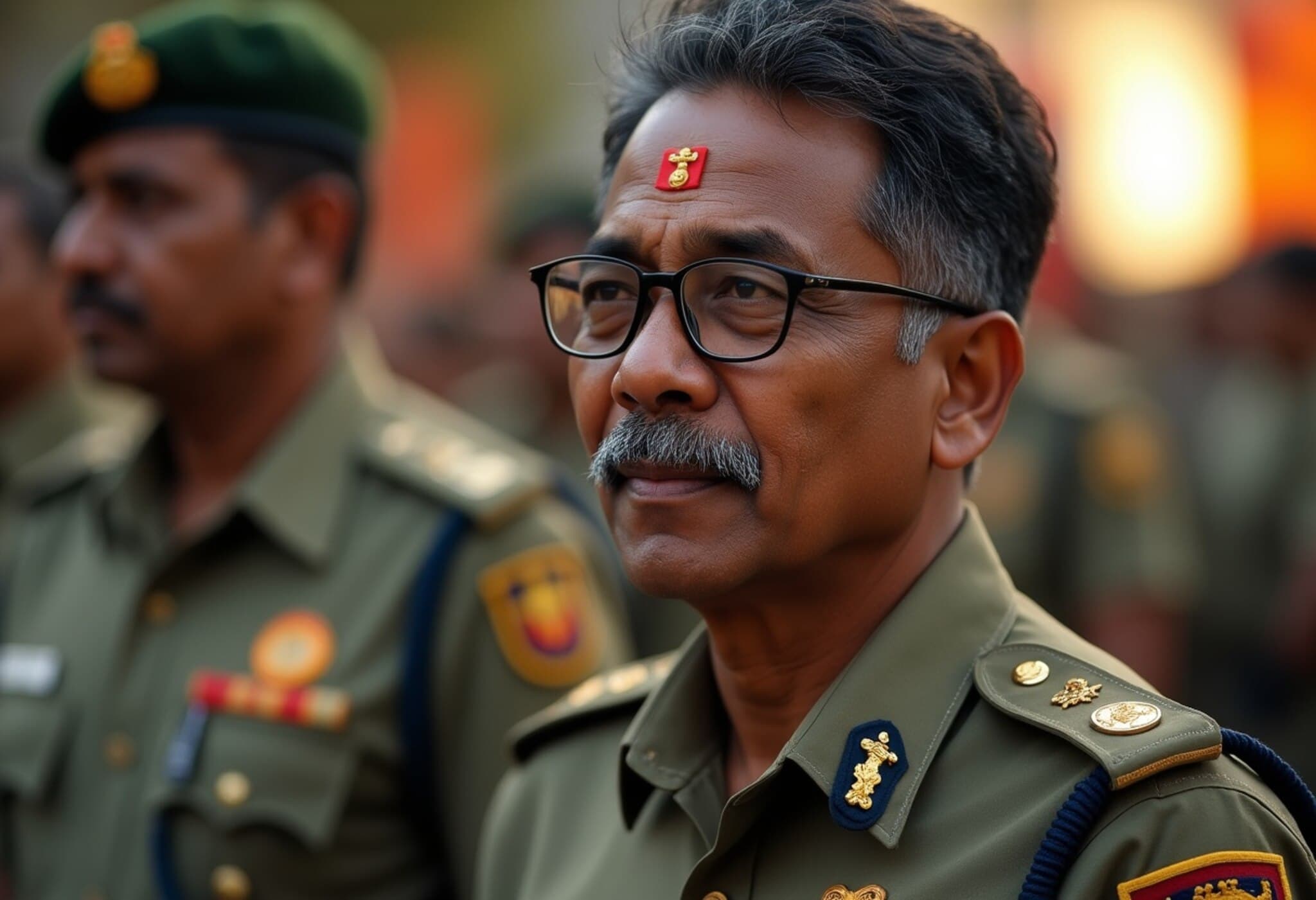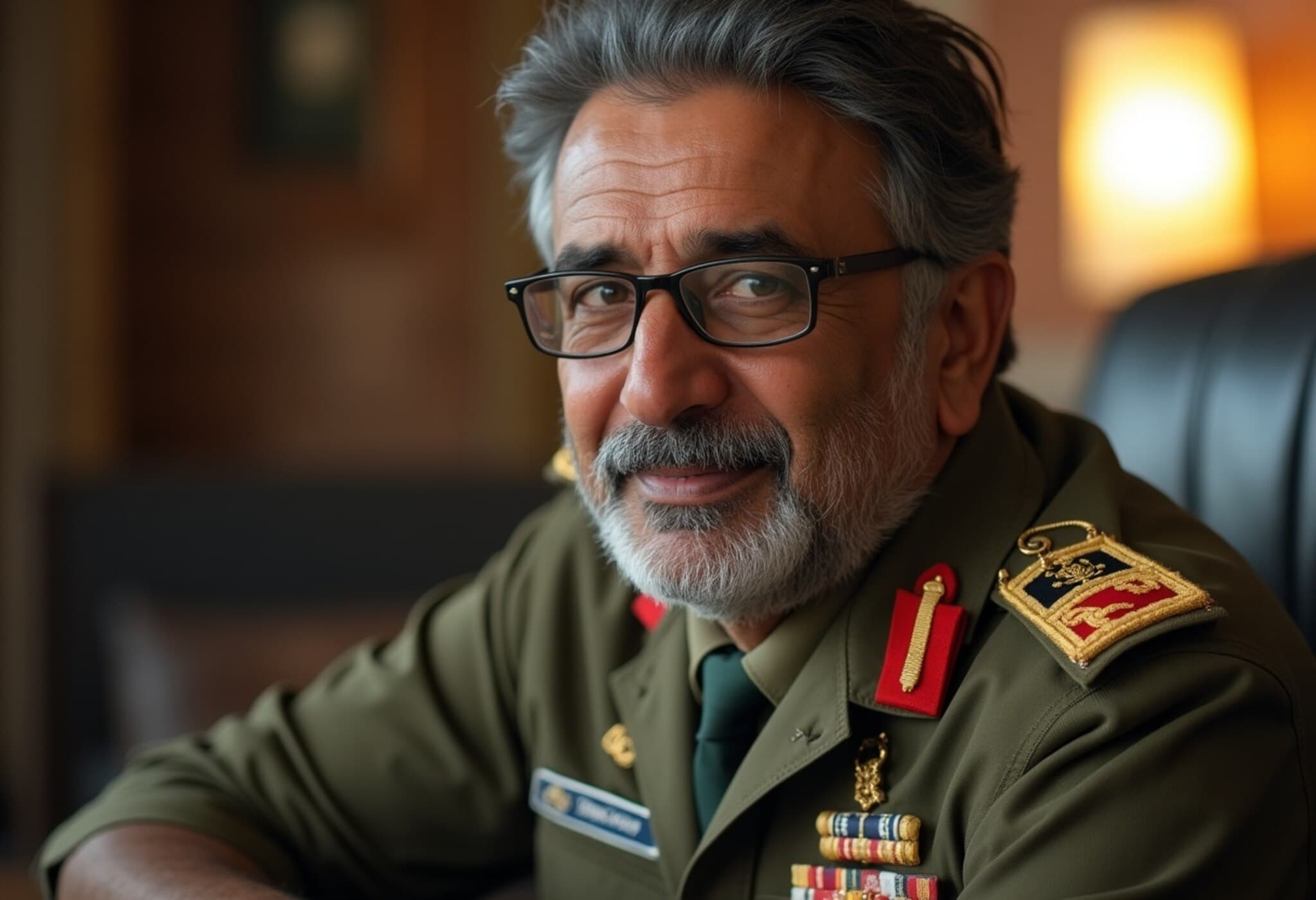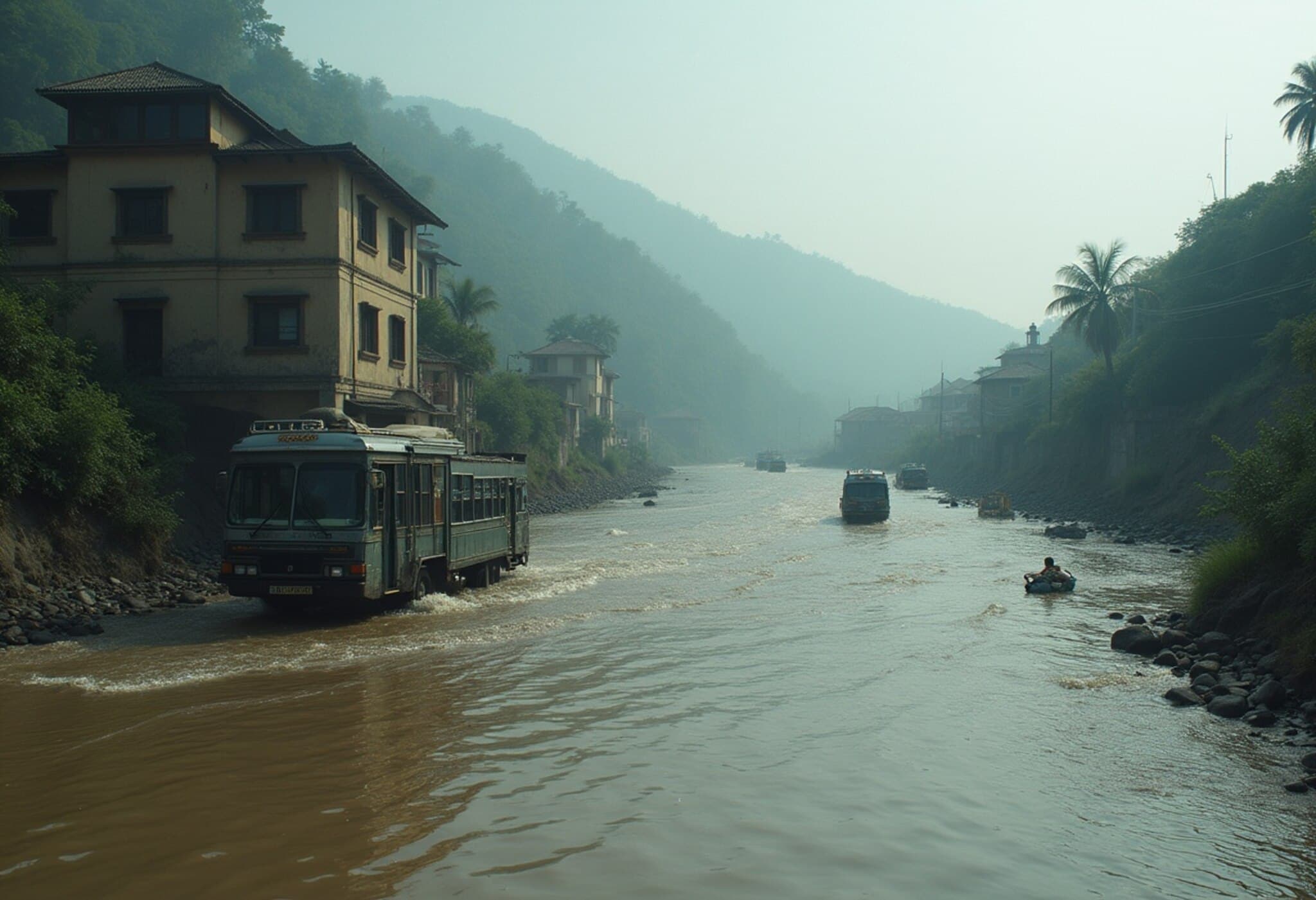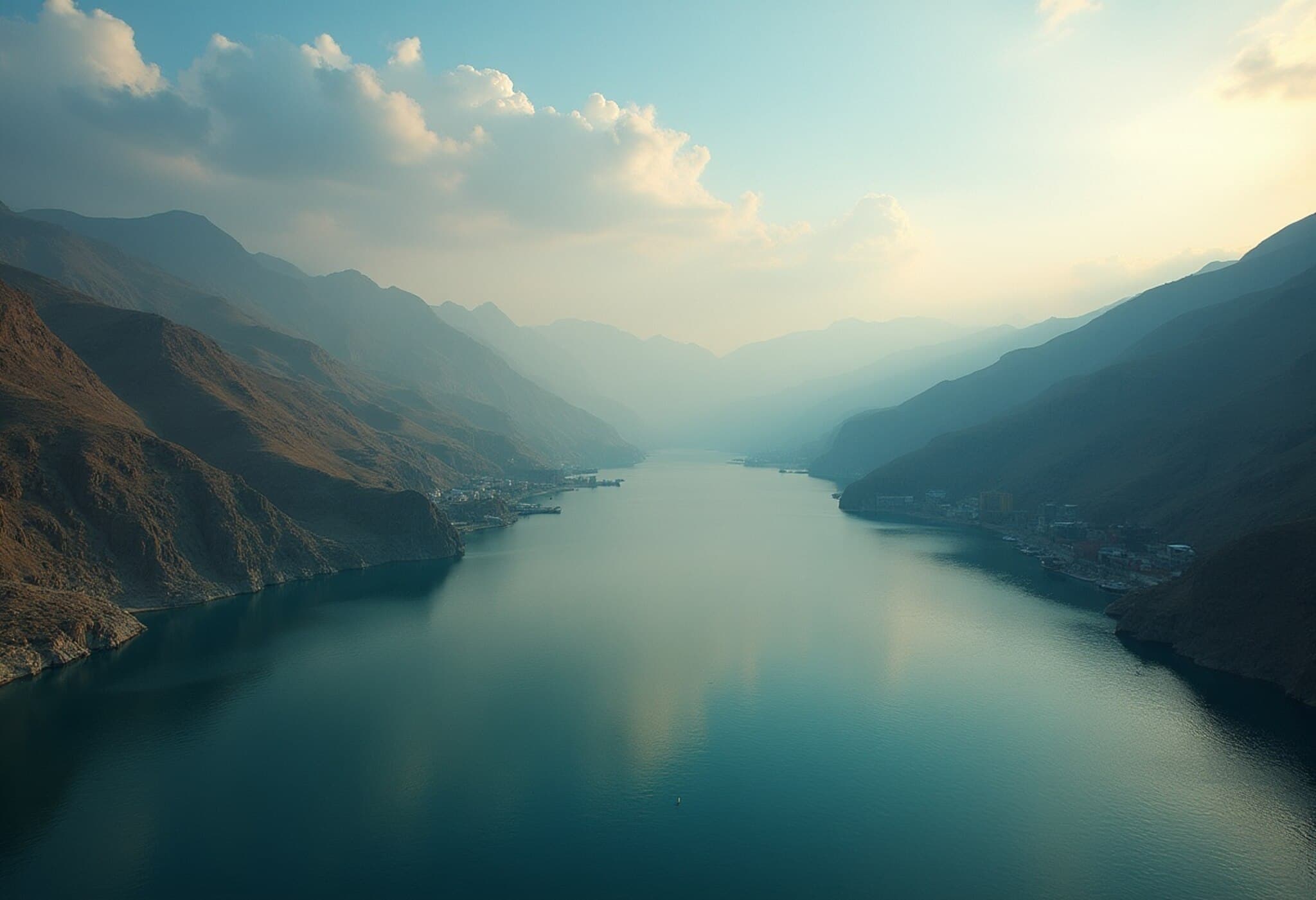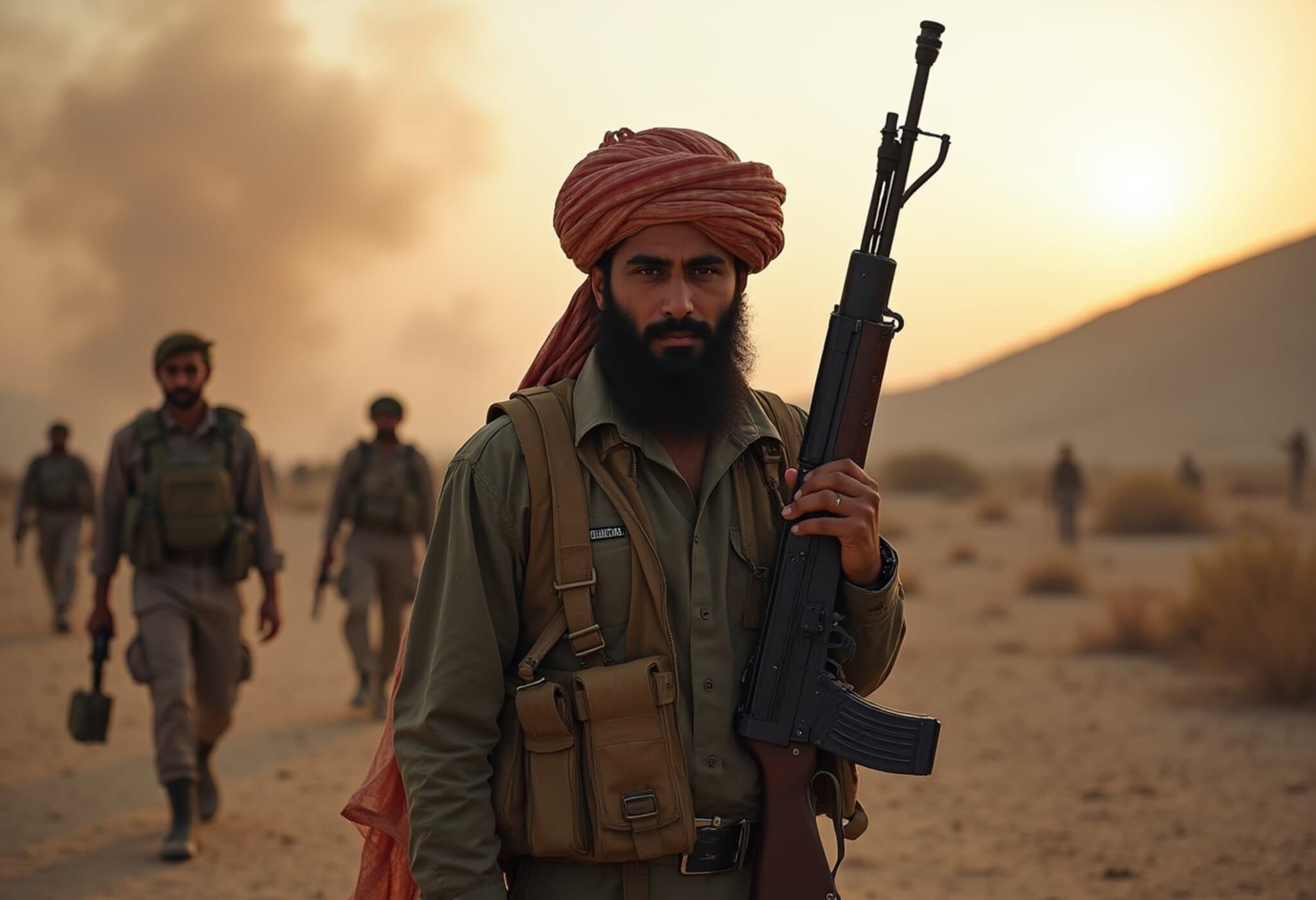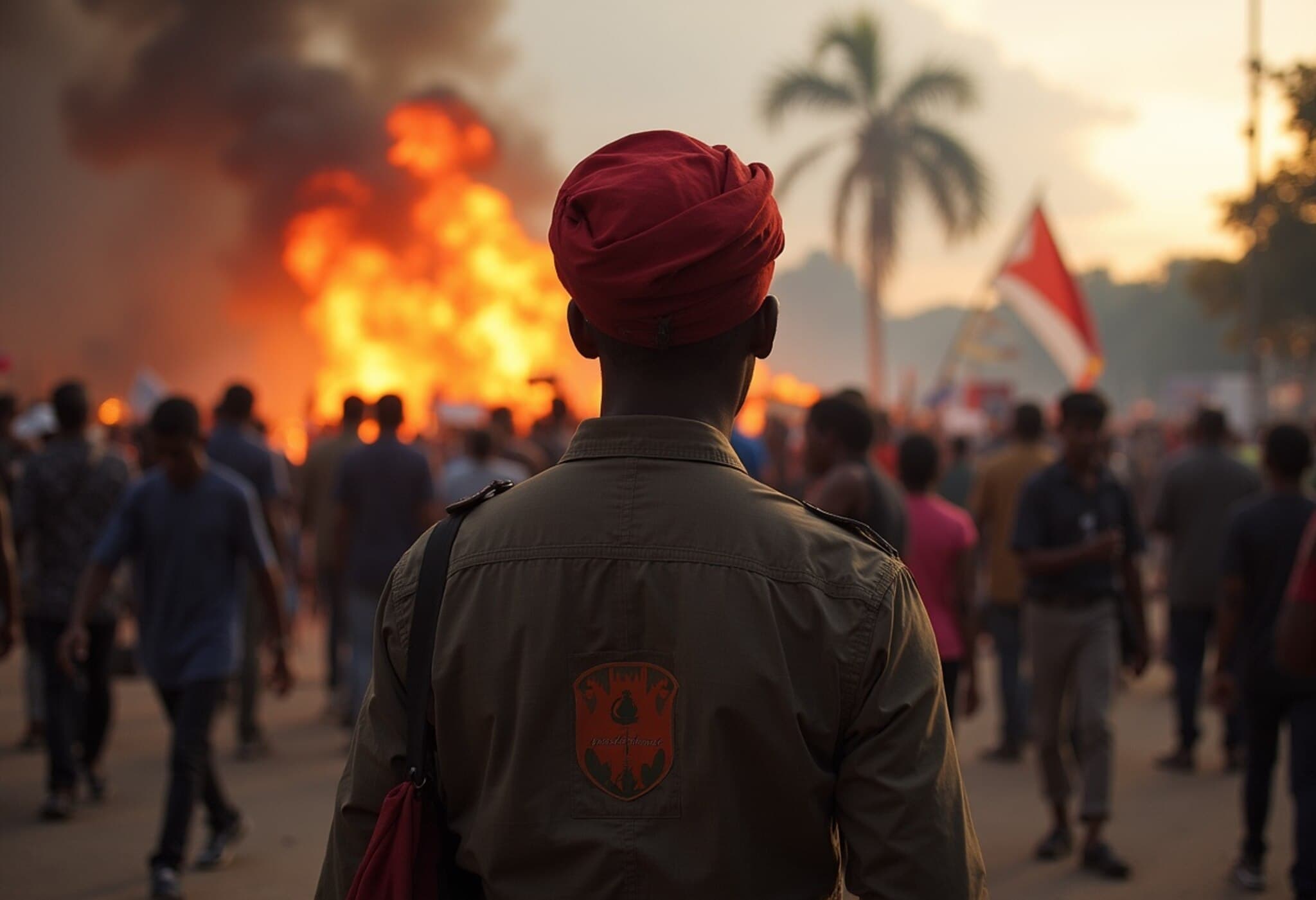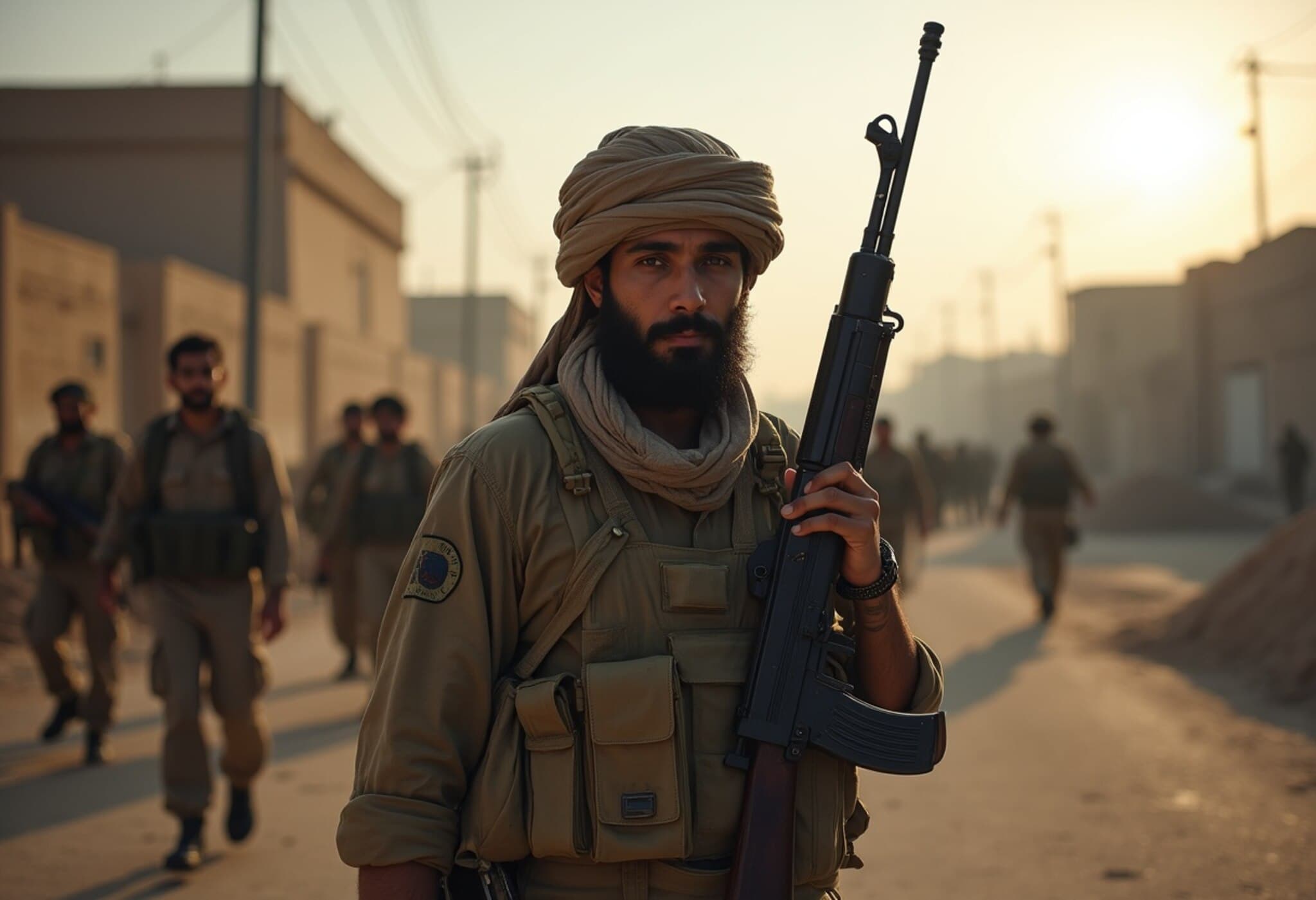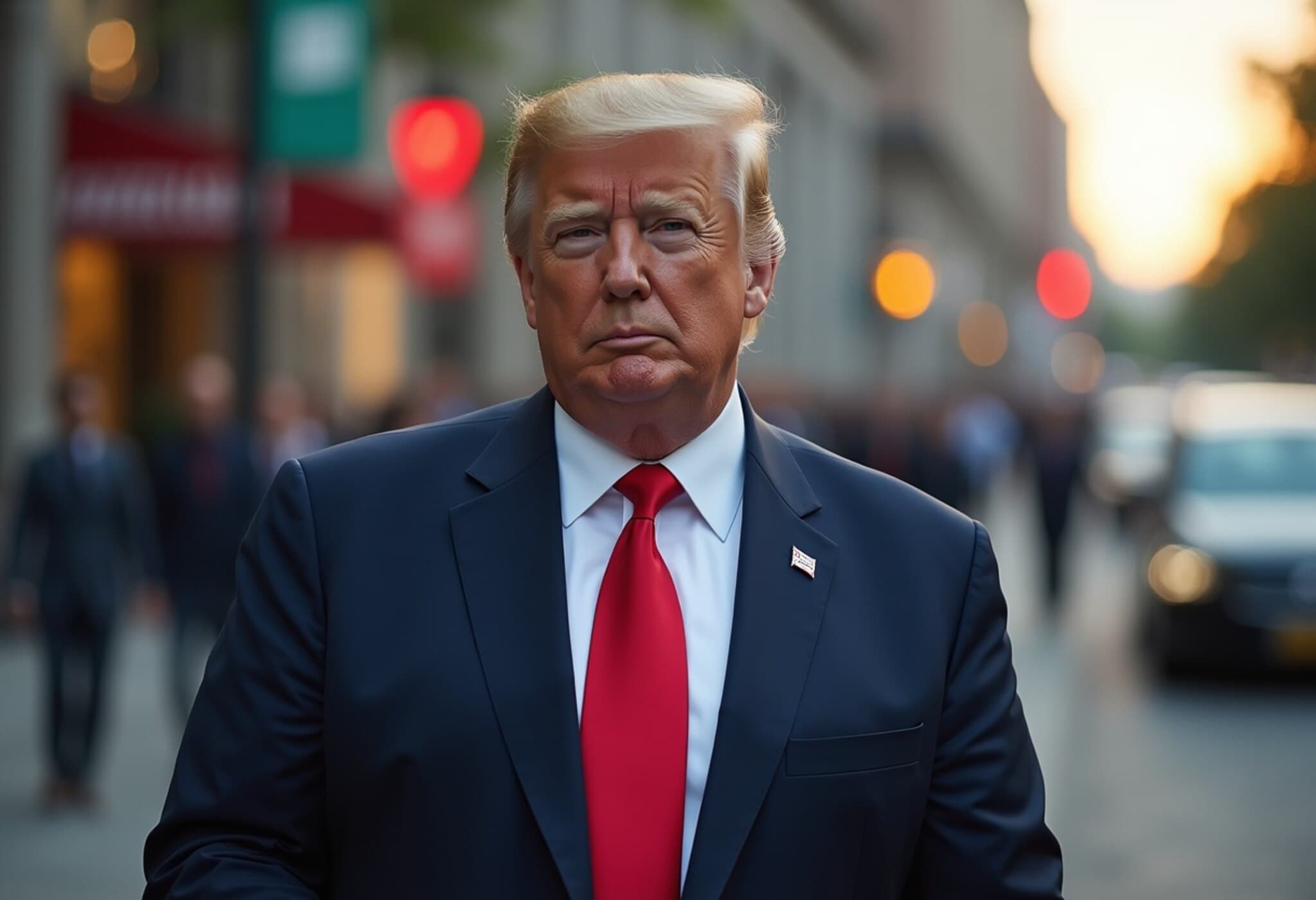Pakistan Launches New Federal Constabulary: A Response to Rising Internal Security Concerns
On July 14, 2025, Pakistan’s government formally announced the establishment of a new national paramilitary force, dubbed the Federal Constabulary. This development has evoked apprehension among opposition parties, human rights advocates, and political analysts alike, who warn it could signal a widening reach of state power potentially aimed at suppressing dissent.
Transforming the Frontier Constabulary into a National Security Actor
Until now, the Frontier Constabulary—an established paramilitary body primarily deployed along Pakistan’s volatile northwestern border with Afghanistan—has operated with a localized recruitment base, mostly drawn from tribal groups in that region. According to Talal Chaudhry, State Minister for the Interior, the reshaped force will now embrace nationwide responsibilities centered on internal security, riot control, and counter-terrorism.
In a press briefing held in Faisalabad, Chaudhry explained, "This will be a new force. This will be a stronger force. We need this force for internal security." The amendments facilitating its creation have reportedly received the endorsement of President Asif Ali Zardari, marking a significant shift in Pakistan’s law enforcement architecture.
Political Backdrop: PTI Protests and Heightened State Security Measures
The announcement comes amidst escalating tensions linked to the Pakistan Tehreek-e-Insaf (PTI) party, led by former Prime Minister Imran Khan, who remains incarcerated. PTI has declared plans for widespread protests beginning August 5, commemorating the second anniversary of Khan’s arrest—a date that has previously been a flashpoint for unrest, including violent demonstrations and shutdowns in Islamabad.
Observers caution that the Federal Constabulary may be positioned to play a central role in managing or suppressing such mobilizations, stoking fears that it could become a government instrument to target political opposition.
Opposition and Human Rights Groups Raise Concerns Over Potential Abuse
PTI spokesperson Zulfikar Bukhari voiced skepticism, emphasizing the necessity of parliamentary debate on the force’s creation. "The new force should not be used as a gimmick to silence political opponents, as has been previously witnessed," he remarked, alluding to past instances of crackdowns on PTI leadership and supporters.
Haris Khalique, secretary of the Human Rights Commission of Pakistan, echoed these concerns, highlighting the lack of transparent discussion within the legislature. "We are alarmed by the changes being made to the security and law enforcement structure without any parliamentary debate," Khalique stated, underscoring the risks of unchecked expansions in security powers.
Expert Insights: Balancing Security and Democratic Freedoms
Pakistan’s complex security environment—with persistent threats from militant groups, political volatility, and periodic civil unrest—creates a challenging landscape for authorities charged with maintaining order. Experts suggest that while the formation of a specialized federal force could enhance operational effectiveness in counter-terrorism and riot control, it also demands robust oversight mechanisms to prevent misuse.
Legal scholars point to the importance of embedding safeguards such as judicial review, transparent recruitment and training standards, and clear mandate limitations. Without these, the Federal Constabulary risks becoming a politically motivated apparatus, undermining democracy and human rights protections.
What Comes Next?
The Pakistani parliament’s willingness to engage in open debate and oversight will be critical in determining the Federal Constabulary’s future role. Civil society actors and international observers are watching closely to see if the government balances security imperatives with respect for political pluralism and civil liberties.
Editor’s Note
The creation of Pakistan’s Federal Constabulary epitomizes the delicate dance between ensuring national security and safeguarding democratic freedoms. As political pressures mount and protests loom, the potential for this new force to function as either a stabilizing entity or a tool of repression remains a pressing question. Readers should consider how similar developments globally often reflect the tensions inherent in state power expansion and ask: How can societies hold security forces accountable while addressing real threats? This evolving story underscores the vital need for transparency, parliamentary oversight, and protection of civil rights in every democracy grappling with security challenges.

